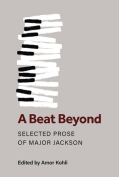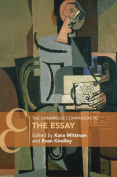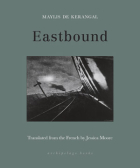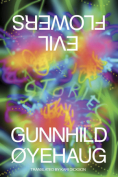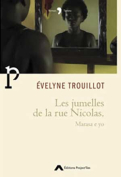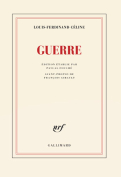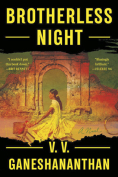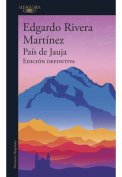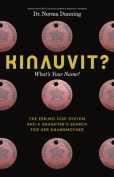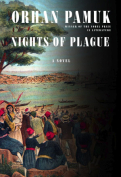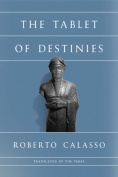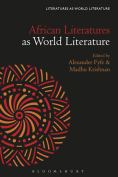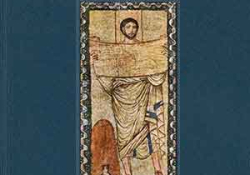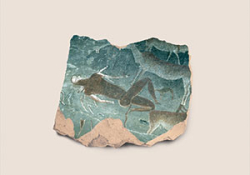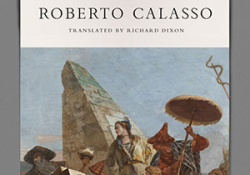The Tablet of Destinies by Roberto Calasso
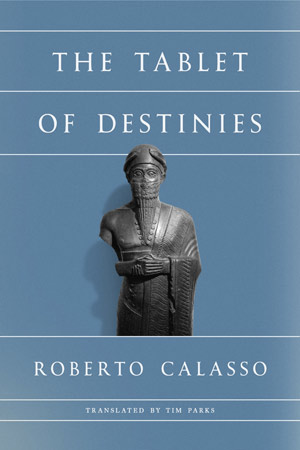 New York. Farrar, Straus and Giroux. 2022. 113 pages.
New York. Farrar, Straus and Giroux. 2022. 113 pages.
ROBERTO CALASSO, the Italian writer and publisher, died in 2021. Most of his written work belongs within a sequence of studies on the role of sacrifice in modernity and in ancient religion, the first of which was The Ruin of Kasch (1983). This book, The Tablet of Destinies, the last volume to the series, is likewise a work about blood sacrifice and the genesis of meaning. Different from its predecessors, The Tablet of Destinies stages a dialogue, between Utnapishtim and Sinbad the Sailor. Utnapishtim the Remote, an immortal man, lives in Dilmun—a place where time assumes physical form. Eager to speak after centuries of solitary existence, he relates to Sinbad the extensive mythologies of ancient Mesopotamia: of the gods Apsu and Tiamat, Ea and Ishtar, and the heroes Gilgamesh and Enkidu. The background to these stories consists in the creation of man—because the gods needed a substitute—and the Great Flood that almost ended mankind.
Utnapishtim is called “the Remote.” Indeed, Mesopotamian mythology is the oldest, most distant, in recorded history. While other contemporary ways of presenting ancient mythology will try to bring out their explanatory role—with regard to the structure of the cosmos, for instance—the telling of these narratives, in Calasso’s hands, homes in on exactly this aspect of being remote. Just as time manifests physically in Dilmun, so the powers of the gods are worn as ornaments—the mes; both powers and laws. These mes are magical objects and crafts, and the gods vie for them. They have a solidity about them that refuses our modern, disenchanted conceptions of magic and religion; distant, they remain. Moreover, this solidity underlies the logic of blood sacrifice: for magical transactions, some real element—the most real, in fact—has to change hands.
The most crucial of the mes is the Tablet of Destinies. This clay tablet is the one mes above all others; it is the summation of the gods’ sovereignty. If the gods have the power to end life, this means nothing without the register where the significance of life and death is recorded. And yet the tablet is also written by men: “something was always being added to the Tablet.” In fact, the logic of writing—the logic that demands that meaning will commit to clay—once it is conceived, will turn back and claim chronological priority over the gods: “When the Tablet of Destinies emerged from the Apsu and from Tiamat, it was already written on, in part.” On Earth, time becomes manifest in stone, and this fact curbs the power of the gods; it heralds the epoch of men, and thus inaugurates modernity.
The Tablet of Destinies, the irrepressible instrument of writing, continues to mediate our difficult comportments to the divine.
Arthur Willemse
Universities of Maastricht and Hasselt
